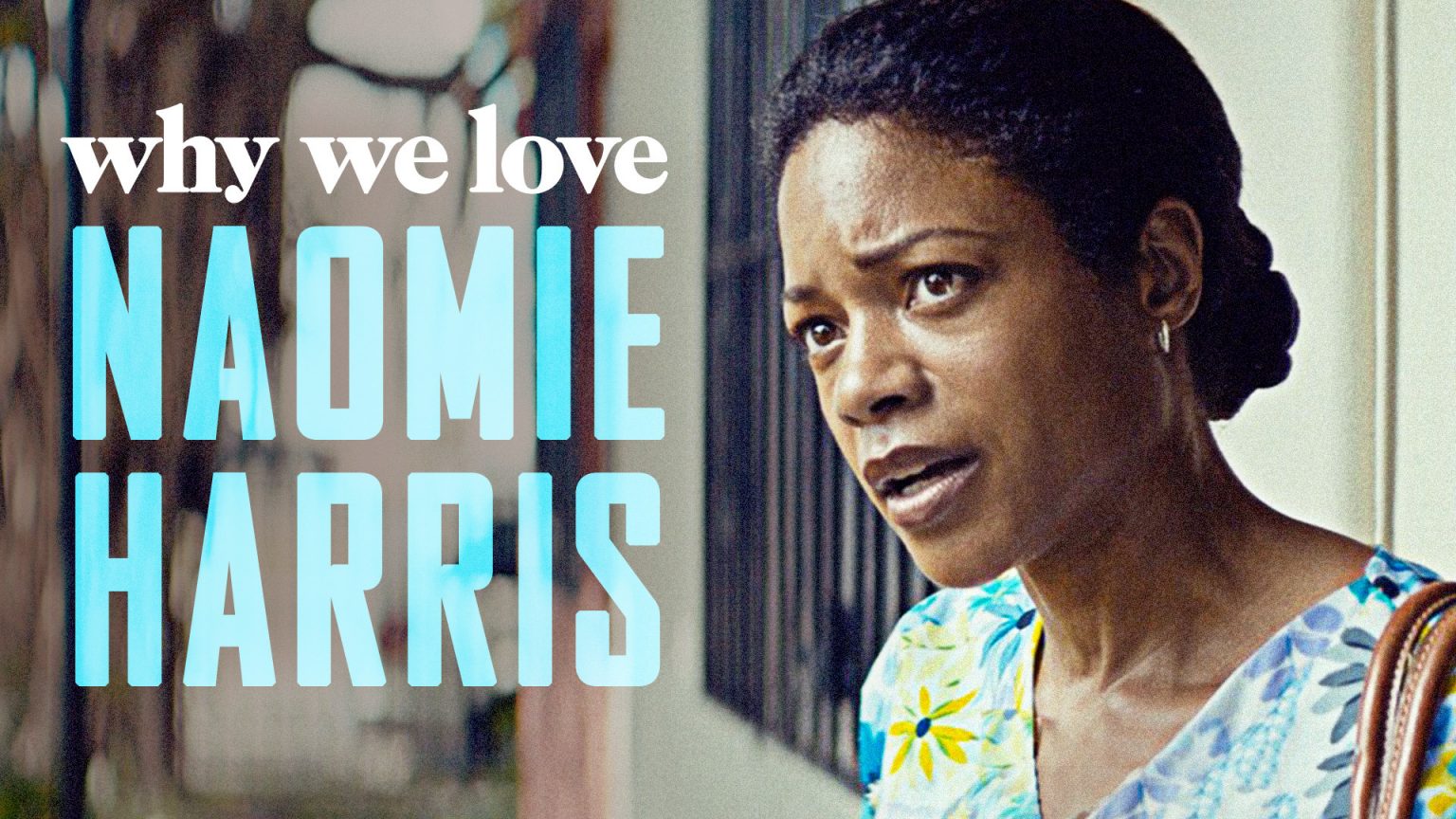Naomie Harris is holding a machete and may or may not need to wield it. On you. Well, it’s not literally Naomie Harris, the British-born actress, but rather it’s Selena, the character she plays in Danny Boyle’s 2002 post-apocalyptic zombie flick, 28 Days Later. Selena’s conviction is captivating and is a firm indication that Harris is a performer to be cherished, one who deserves as many opportunities as she can get. If you don’t know Naomie Harris yet, you should.
Born in 1976, Harris was raised in London by her Jamaican-immigrant mother. She began acting when she was nine years old (in the television series, Simon and the Witch) and has since appeared in a wide array of television, theater, and film productions. In addition to her role in 28 Days Later, she played Winnie Mandela in Justin Chadwick’s Mandela: Long Walk to Freedom and was the first black actress to play Moneypenny in a James Bond movie (as well as the first to be given a first name: Eve), performing alongside Daniel Craig in Skyfall and Spectre.
Barry Jenkins’s Moonlight solidified Harris as an actor with the talent to spare. As Paula, a drug-addicted mother, Harris conveyed three distinct, emotionally raw stages in her character’s life: the exacerbation of her addiction, the depths of her struggle, and then her eventual recovery and remorse. This type of role would be taxing on anyone, but Harris completed filming her part in just three days, in between press junkets. There were no rehearsals, which forced her to dive into a high-pressure situation and discover her character immediately as the cameras rolled.
Harris has said that she was initially reluctant to take on the role and that she didn’t want to play a black female addict. Having grown up with a strong, self-made mother, she said that she is typically drawn to characters that she considers role models, the kinds of strong women that she grew up with. But, upon really considering her Moonlight character, Harris drew more connections to her personal life than she had initially anticipated. As a child, she was bullied, and thus empathized with the idea of an addict who is so uncomfortable in her own skin that she has to escape through drugs. For her three-day sprint of a performance, Harris was recognized with an Academy Award nomination for Best Supporting Actress, as well as nominations from the Golden Globes and the Screen Actors Guild.
But let’s get back to that machete. It’s clear that Naomie Harris is finally gaining the recognition that she deserves, and we look forward to her many powerful, thought-provoking roles to come. But it’s worth taking a moment to remember that this talent was already there, way back in 2002. Many consider Boyle’s 28 Days Later (which was written by Alex Garland) to be a modern classic, a film that helped reinvent the zombie-movie genre and spawn a slew of subsequent films. Though Cillian Murphy’s Jim is ostensibly the star of the film, Harris’s Selena is arguably the real protagonist.
Jim, for the most part, doesn’t change much throughout the story. He wakes up alone in a hospital bed, seeks to survive, and largely sticks to the same persona throughout. Selena, on the other hand, experiences a tangible and powerful emotional arc. At the beginning of the film, she’s a ruthless survivor. She brutally kills one of her co-survivors with a machete, without a moment’s hesitation, when he appears to have been infected with the rage virus that quickly turns people into rampaging zombies. She then tells Jim that she’d do the same to him “in a heartbeat.” To Selena, basic survival is as good as it gets.
But, over time, something shifts inside of her. They cross paths with a loving father (Brendan Gleeson) and daughter, and she grows attracted to Jim. Closer to the end of the film, she acknowledges to Jim that maybe, just maybe, there’s more to life than survival. In the film’s epic climax, Selena is cornered into defending herself. Machete in hand, she’s unsure if Jim is infected. Jim approaches her, and she draws the machete back to strike. But she doesn’t. In the space of a heartbeat, she hesitates and pauses, unable to kill Jim because she loves him. Jim isn’t infected, and that hesitation is one of the film’s most significant emotional points.
In the same way that she was able to pull together an Oscar-nominated performance in three days, Naomie Harris found a way to quietly give 28 Days Later its emotional backbone. For that, we tip our hats (and our machetes).
Watch Now: Curious to see firsthand how Naomie Harris can carry a film? Check out her performance in Poppy Shakespeare, streaming now on Fandor!




